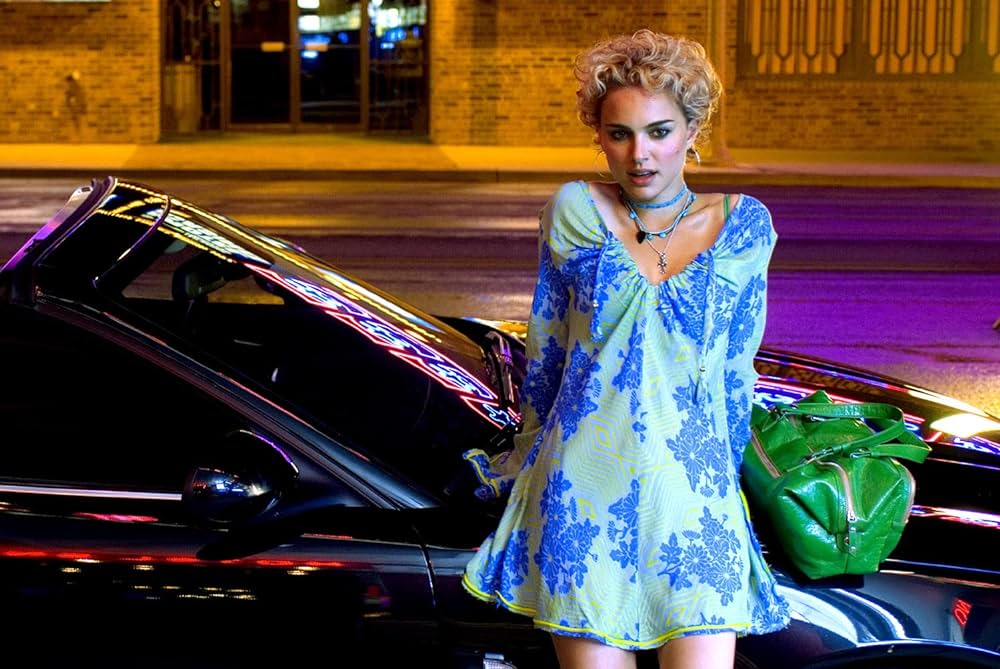
Reflection on My Blueberry Nights
par remi mourany
·
After the monumental ambition of 2046, it was expected that Wong Kar-wai would choose a different approach for his next project. My Blueberry Nights, the first film by the Hong Kong filmmaker set in America, takes a more modest route, reminiscent of the smaller-scale charm of Chungking Express. Shot and edited with unusual swiftness for Wong, and presented on time at the opening of the 2007 Cannes Film Festival, this film seemed crafted to counter critics who accused Wong of an inflated ego. Despite this newfound speed, Wong still made adjustments between its Cannes presentation and the film's late 2007 release, trimming fifteen minutes, likely due to pressure from the Weinstein brothers for the American market rather than his own desire.
Blending American Landscapes with Wong Kar-wai’s Aesthetic
The intrigue of My Blueberry Nights lies in how Wong Kar-wai’s distinct cinematic style meshes with the American landscape. The film steps into this new terrain, evoking but not imitating Wim Wenders’ Paris, Texas, despite sharing Ry Cooder’s musical score. Instead, it transforms bars and diners into intimate American spaces that echo Wong’s previous films, with scenes often viewed obliquely through windows or colored mist. This reappropriation infuses the visual style with a sense of the filmmaker’s fantasy, merging his aesthetic with a new setting.

Script and Storytelling
Co-written with American author Lawrence Block, the screenplay exhibits a blend of narrative styles: a flexible voice-over, a distanced romance, and attention to both atmospheric details and plot twists. This complex love story between Elizabeth (Norah Jones) and Jeremy (Jude Law), interspersed with other character arcs—including an inconsolable police officer (David Strathairn), his estranged wife (Rachel Weisz), a compulsive gambler (Natalie Portman), and a brief but striking appearance by Chan Marshall (Cat Power)—flirts with romantic comedy and drama. Wong Kar-wai veers closer to the sentimental tone of a ballad, risking sentimentality and excessive prettiness.
Performances and Embedded Stories
The main stars, Norah Jones and Jude Law, offer performances that some may find lacking in charisma—Jones as a tender newcomer and Law as too kindly and unconvincing. However, the film’s true melancholy emerges through the skillfully interwoven secondary stories, which paradoxically represent the film’s best moments despite deviating from Wong’s familiar themes. These subplots, infused with tragedy, suicide, and death, evoke the aesthetics of American indie cinema while presenting a poignant contrast to the filmmaker’s usual motifs.
Overall Impression
My Blueberry Nights is a film of paradoxes, balancing between similarity to Wong’s previous works and novel departures. It stands as a transitional piece, an attempt to acclimate to a new landscape without Chinese actors, resulting in a mix that is both frustrating and compelling. It’s challenging to determine if this film marks a significant step in Wong’s career or a mere American detour. Yet, this mixture of the familiar and the fresh makes it a unique entry point into Wong Kar-wai’s oeuvre and hints at future possibilities despite its evident limitations.
>> Check our My Blueberry Nights t-shirt









